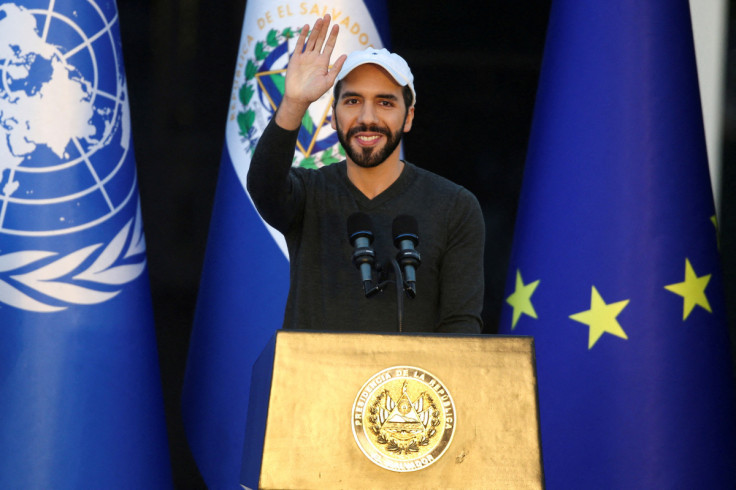
El Salvador has increasingly turned to international policing mechanisms to extend its anti-gang campaign beyond its borders since President Nayib Bukele declared a state of emergency in March 2022, a new InSight Crime report has revealed.
As a result, the country has issued hundreds of Interpol red notices, leading to the capture of Salvadoran nationals across Latin America, the United States, and Europe. A May 2025 report by the National Civil Police (PNC) of El Salvador stated that 1,556 alleged gang members have been detained abroad and subsequently returned under this policy.
Red notices, while not arrest warrants, serve as international alerts requesting the location and provisional detention of individuals for possible extradition. With more than 800 such notices currently in circulation, El Salvador has four times as many active alerts as Argentina, the second-highest country in the region, the report by InSight Crime points out.
The arrests are an extention of a domestic campaign that has transformed the country's security and justice systems. More than 85,000 people have been detained since March 2022, equivalent to 1.5% of the national population, pushing the prison population past 110,000. At least 350 people have died in custody during this period, according to police data.
While the government argues these measures have severely weakened gangs, human rights organizations have documented arbitrary detentions, suspension of legal defense rights, and widespread due process violations.
International cooperation has varied. Countries such as Guatemala, Honduras, and Mexico have complied with red notices, but Spain has rejected extradition requests, citing the high risk of human rights abuses in Salvadoran prisons.
One recent case illustrates these dynamics in play. On March 24, 2025, Colombian authorities detained Salvadoran citizen Mateo Sebastián Pintor Rodríguez at José María Córdova International Airport in Rionegro, Antioquia, after a red notice was triggered at immigration control. According to Caracol Televisión, El Salvador accuses him of fraud and extortion, and Colombian police confirmed the arrest was based on the notification.
However, the investigation by InSight Crime reviewed court records and other evidence suggesting Sebastián had previously been acquitted of extortion in El Salvador and does not appear in police intelligence files as a gang member.
"Sebastián's case reveals how the erosion of procedural guarantees in El Salvador has opened the door to the persecution of Salvadorans — even beyond the country's borders — under false or manipulated charges," explains InSight Crime. "This persecution has also recently targeted human rights defenders, political opponents, and journalists seeking exile."
© 2025 Latin Times. All rights reserved. Do not reproduce without permission.





